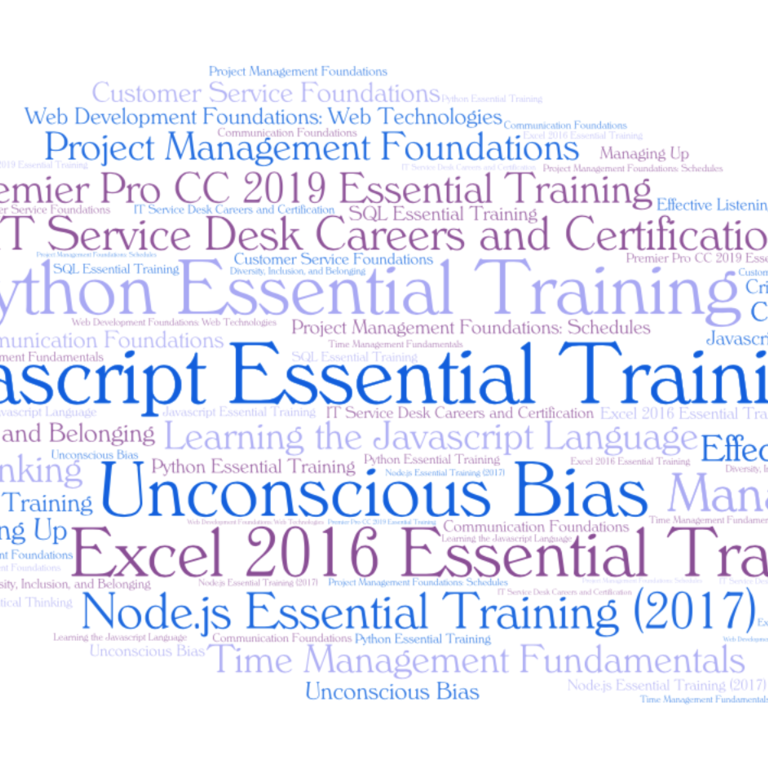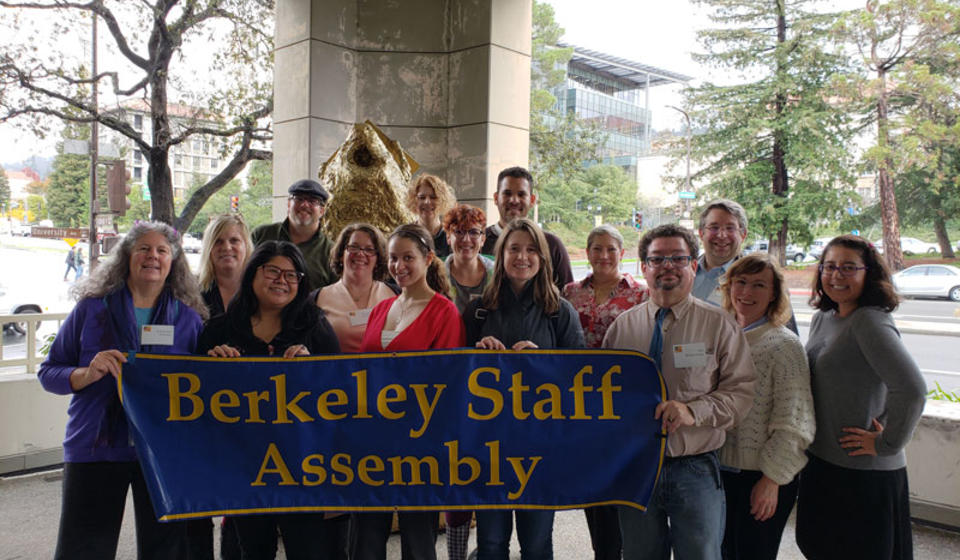Social learning defines learning as a cognitive process that occurs in a social context through examples and direct experiences, favoring a real-life approach. In contrast to formal learning systems such as classroom or web-based traning, social learning tools present knowledge in relevant social contexts. Social learning promotes knowledge retention, encourages learning in working environments, and allows learners to pull knowledge from experts within the organizations. The 70:20:10 model, a strategy based on social learning, suggests that 70% of learning happens through on-the-job experiences, 20% through peer interaction, 10% of learning involves traditional instructor-led classroom environments.
Some recommended strategies to introduce social learning into the workplace:
- FAQs and Forums: promotes a social culture of collaborative learning by creating an open environment where employees can ask questions and receive answers from others within the organization
- Leverage Expert Knowledge: utilizes the insights and experiences of experts in the workplace through the creation of a communication channel that encourages experts to provide their own knowledge and through a rating system, only the most relevant answers are used and shared.
- Gamification and rewards: providing incentives and tracking progress helps encourage employees to make sure they take advantage of social learning opportunities
Are you ready to incorporate social learning practices in your workplace? Learn more about these strategies and how to make them effective here.














